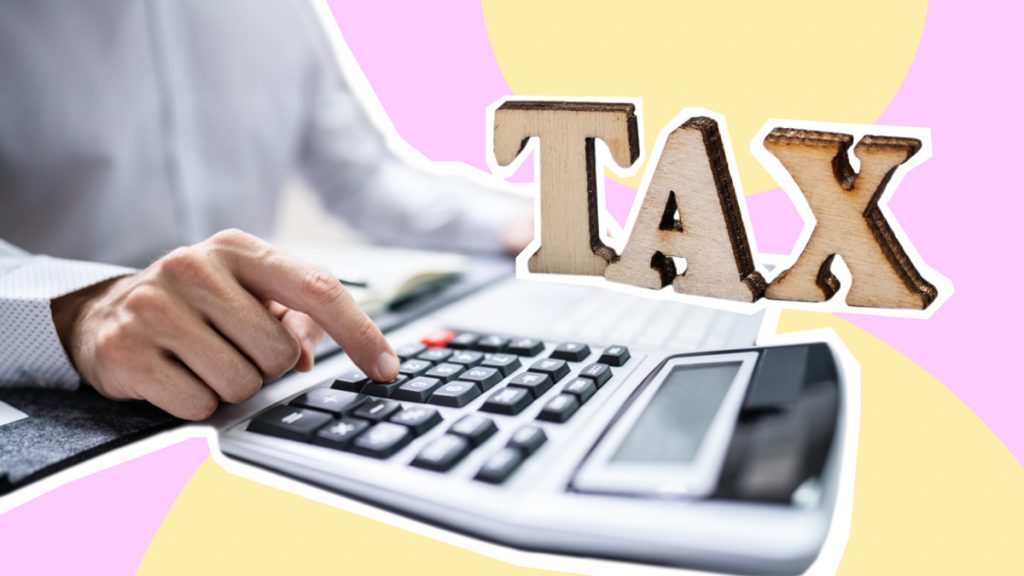Corporate Tax Filing in Singapore: New 2025 Comprehensive Guide

Corporate tax filing in Singapore is a critical aspect of financial management for businesses operating within the city-state. Understanding and adhering to the country’s tax regulations is not only a legal requirement but also a crucial element of responsible business conduct. This guide provides a detailed overview of the corporate tax filing process in Singapore, emphasizing the importance of compliance for businesses of all sizes.
Table of Contents
Eligibility for Corporate Tax Filing
In Singapore, the Inland Revenue Authority of Singapore (IRAS) mandates that specific entities comply with corporate tax filing regulations. These include:
- Local Companies: Entities incorporated or registered under the Companies Act 1967, typically denoted by ‘Pte Ltd’ or ‘Ltd’.
- Foreign Companies: Branches of foreign companies registered in Singapore, as well as foreign companies incorporated outside Singapore.
- Exclusions: Sole-proprietorships and partnerships are not categorized as companies for tax purposes and file taxes as part of individual income tax.
Calculating Taxable Income
Taxable income in Singapore is calculated based on the income earned in the preceding financial year. For example, income generated in 2024 will be taxed in the Year of Assessment (YA) 2025. Key points to note:
- Financial Year-End (FYE): Most companies use December 31 as their FYE, but this can vary. Companies must inform IRAS if their FYE differs or extends beyond 12 months.
- Tax Rate: Singapore imposes a flat corporate tax rate of 17% on chargeable income, which is the income after deducting tax-allowable expenses.
- Capital Allowances: Companies can claim capital allowances and reliefs to further reduce taxable income.
Corporate Income Tax (CIT) Returns
Companies in Singapore are required to file two types of CIT returns annually:
1. Estimated Chargeable Income (ECI)
- Purpose: Provides an estimate of the company’s taxable profits for the YA.
- Deadline: Must be filed within three months after the financial year-end. For example, if the FYE is December 31, 2024, the ECI is due by March 31, 2025.
- Waiver: Companies with annual revenue below S$5 million and a nil ECI are exempt from filing ECI.
2. Form C-S/C-S (Lite)/C
- Purpose: Declares the company’s actual income and provides detailed financial information.
- Deadline: Due by November 30 of the YA. For a financial year ending in 2024, the form is due by November 30, 2025.
- Differentiation:
- Form C-S: For companies with annual revenue up to S$5 million, not claiming specific reliefs or credits.
- Form C-S (Lite): For companies with annual revenue below S$200,000, designed for straightforward tax matters.
- Form C: Applicable to companies with more complex financial situations.
| Form Type | Criteria for Filing | Simplicity |
|---|---|---|
| Form C-S | Annual revenue up to S$5 million | Moderate complexity |
| Form C-S (Lite) | Annual revenue below S$200,000 | Highly simplified |
| Form C | Complex financial situations | Most detailed |
Filing Tax Returns
The process of filing corporate tax returns in Singapore is streamlined through the MyTax Portal. Key steps include:
- Authorization: Companies must authorize personnel for CIT matters via Corppass.
- Submission: File ECI or Form C-S/C-S (Lite)/C through the MyTax Portal.
- Notice of Assessment (NOA): Issued within seven days after filing ECI, and by May of the following year for Form C-S/C-S (Lite)/C.
- Payment: Taxes must be paid within one month from the date of the NOA. Late filing can result in penalties or summons.
Securing Compliance: Mastering Corporate Tax Filing in Singapore
Timely and accurate corporate tax filing in Singapore is essential for maintaining legal compliance and financial health. Here are some best practices:
- Stay Informed: Keep up-to-date with changes in tax regulations, such as the introduction of the 15% minimum effective tax rate for large multinational enterprises (MNEs) starting January 1, 2025.
- Leverage Technology: Use accounting software to streamline financial reporting and ensure accuracy.
- Seek Professional Help: Engage tax advisors or corporate service providers to navigate complex tax matters and optimize tax strategies.
Frequently Asked Questions
1. What is Corporate Tax Filing in Singapore?
Corporate tax filing involves submitting Estimated Chargeable Income (ECI) and Form C-S/C-S (Lite)/C to IRAS to declare income and pay taxes.
2. Who needs to file Corporate Tax in Singapore?
All companies registered in Singapore, including foreign companies with a branch in Singapore, are required to file corporate tax.
3. What are the deadlines for Corporate Tax Filing in Singapore?
- ECI: Within three months from the end of the financial year.
- Form C-S/C-S (Lite)/C: By November 30 of the Year of Assessment.
4. Is there any tax exemption or rebate for new companies in Singapore?
Yes, new companies can benefit from the Start-Up Tax Exemption (SUTE) scheme, which offers full exemption on the first S$100,000 of chargeable income for the first three YAs.
5. Can companies be exempt from filing ECI in Singapore?
Yes, companies with annual revenue below S$5 million and a nil ECI are exempt from filing ECI.
6. What is the difference between Form C-S, C-S (Lite), and Form C?
- Form C-S: For companies with annual revenue up to S$5 million.
- Form C-S (Lite): For companies with annual revenue below S$200,000.
- Form C: For companies with complex financial situations.
By adhering to these guidelines on corporate tax filing in Singapore, businesses can ensure compliance, optimize their tax obligations, and contribute to their sustained success in Singapore’s dynamic economic environment. For further assistance, consult IRAS or engage professional tax advisors to navigate the complexities of corporate tax filing.

